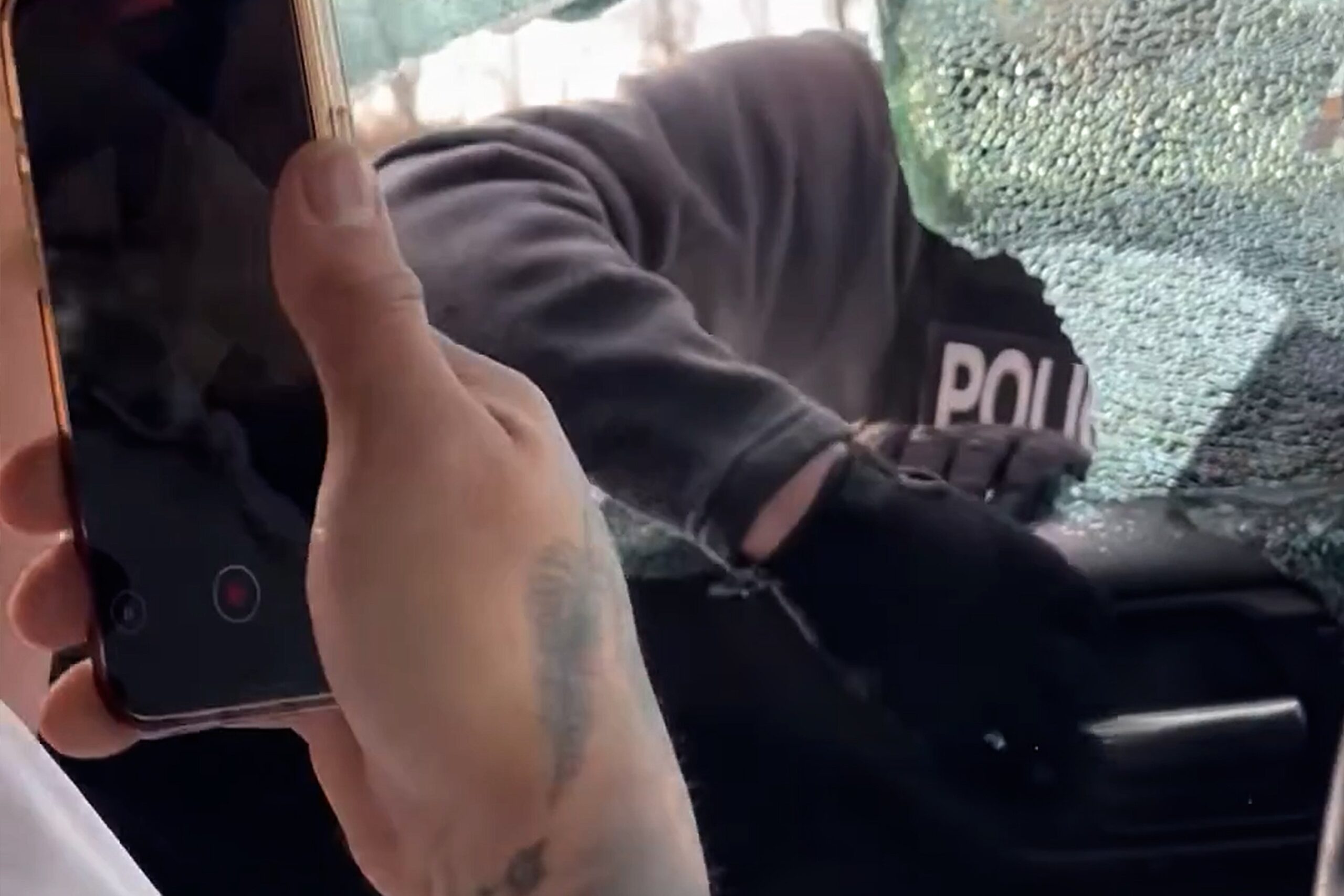What happens if officers cross the line? Usually very little.
Paths to suing federal officers are even more limited than for police officers, making it particularly hard for immigrants to hold officers accountable for any misconduct.
“The deck is stacked against them,” says Fleischaker, the former top ICE official.
Even if a judge decides to award damages, that usually won’t change what happens — or already happened — in the separate system of immigration court. Evidence of a violent arrest rarely stops a deportation, and if people have already been deported, it won’t bring them back.
In the instance of the family detained on Mother’s Day, they filed a complaint over “unlawful and excessive” actions — but the father has already been deported to Mexico. (The government has not responded to the complaint or to ProPublica’s questions about it.) A precursor to a full civil lawsuit, the complaint says their 3-year-old now tells people, “Police broke the window and threw daddy on the floor.”
Settlements in similar cases have been small. A California woman detained by Border Patrol in 2016 after agents broke her car window while her children screamed settled two years later for $25,000.
When we asked the White House detailed questions about the tactic and specific incidents, it stood by officers’ conduct. “ProPublica is a left-wing rag that is shamelessly doing the bidding of criminal illegal aliens,” deputy press secretary Abigail Jackson said in a statement. “ICE Officers are heroically getting these violent illegal aliens off of American streets with the utmost professionalism.”
Department of Homeland Security Assistant Secretary Tricia McLaughlin also defended the tactic in response to questions about Border Patrol. Officers “may break vehicle windows” if occupants don’t follow their commands, she said. In June, an ICE spokesperson told ProPublica, “Our officers follow their training to use the minimum amount of force necessary to resolve situations in a manner that ensures the success of the operation and prioritizes safety.”
Other agencies whose officers were involved in incidents we documented — FBI; DEA; and the Bureau of Alcohol, Tobacco, Firearms and Explosives — did not respond or declined to comment on specific cases.
